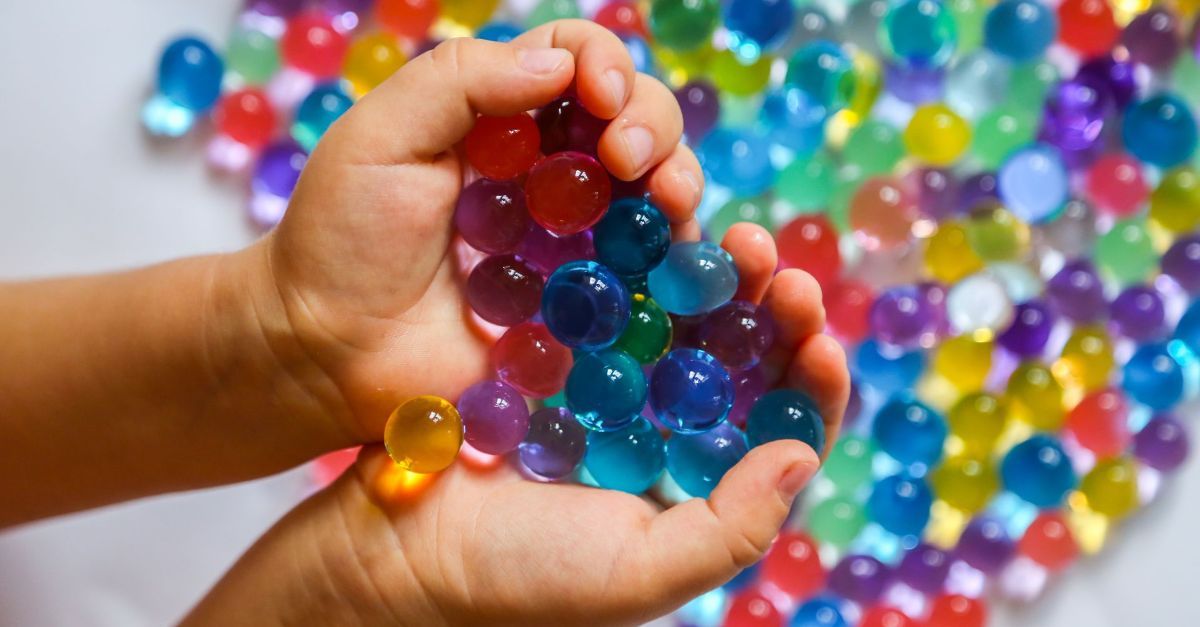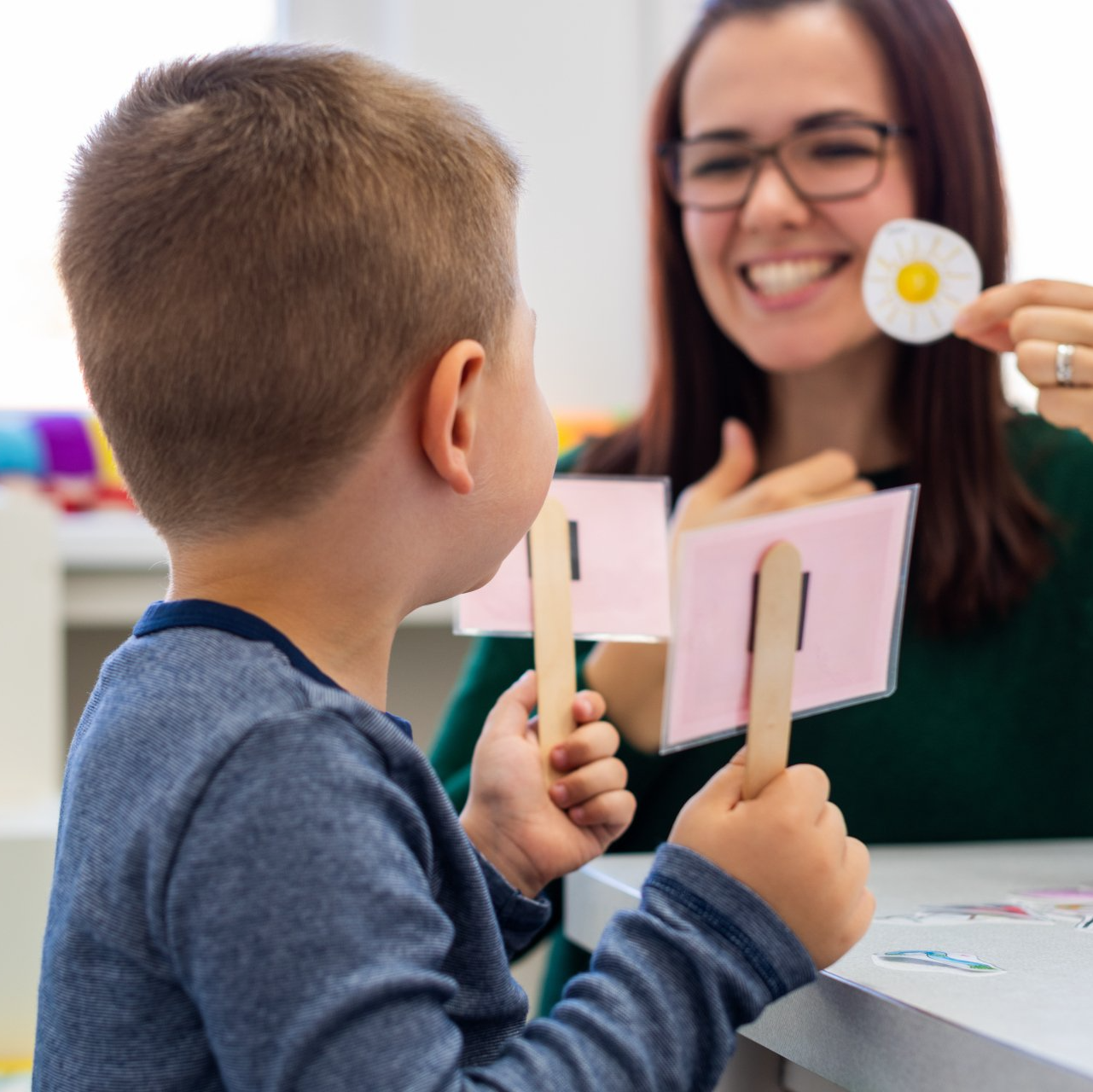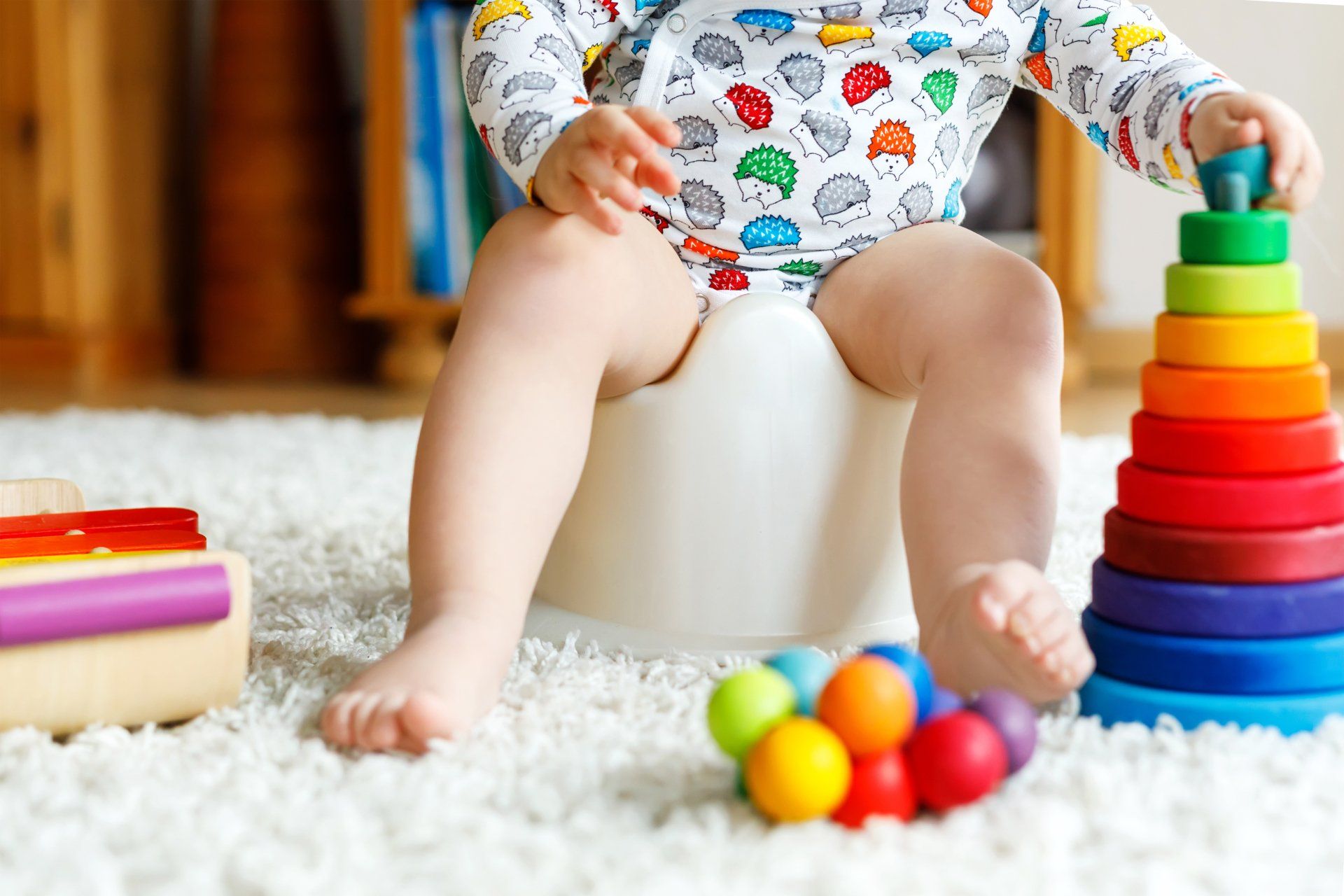MATHEMATICS FROM THE EARLY YEARS AND BEYOND
Barbara Eaton (Academic Development Coordinator for ADvTECH Schools Division) • September 27, 2019
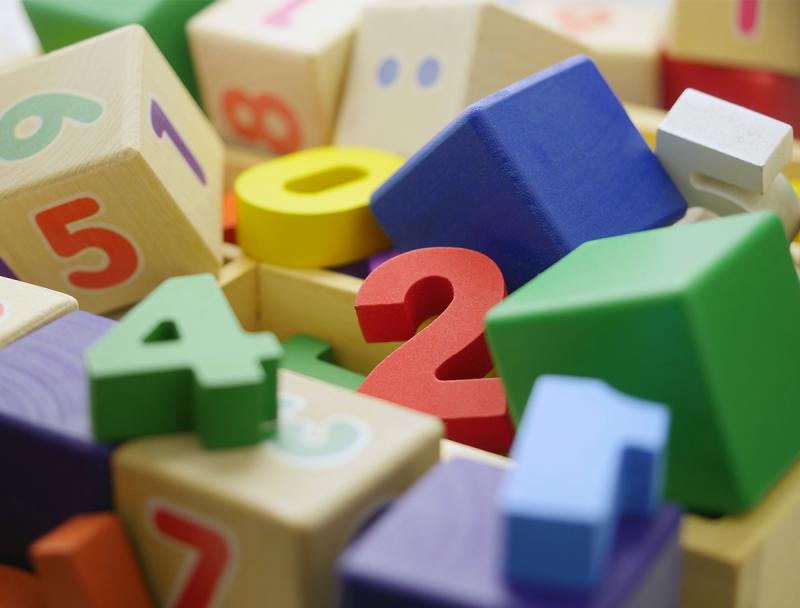
In Southerm Africa we have been bombarded with news items on how badly our children are doing in international benchmarking tests of mathematics (and science). Those of us who work at the Pre-Primary level of education are well aware that the results of the children at prep and high school levels will not improve if we do not focus on the correct teaching of maths concepts with the three to six-year-old children.
Early mathematical experiences must be presented in kinaesthetic and concrete ways, leading to semi-abstract activities in Grade 1. We do not favour worksheets for young children and concentrate on ‘hands-on, brains-on’ learning. In the Pre-Primary we have introduced Numicon, which is an international tool designed to lead children from counting to calculation and a thorough understanding of basic number concepts.
Many young children enter Pre-Primary school or creche with knowledge of counting, numbers and shapes and while we consolidate these skills it is also important to expose our children to more challenging content. Young children are ready to learn more advanced concepts as long as they are presented in an engaging and developmentally appropriate manner. This does not equate with ‘pushing down’ the curriculum content to younger and younger children.
‘All children are capable of learning and should regard themselves as competent learners.’(Dockell 1995) Negative parental views and feelings about maths must not be passed on. Never let your child feel negatively about maths, or any other subject, because you were not good at it. For example, saying, ‘Don’t worry, I was no good at maths either’ or ‘Girls are not good at maths, I wasn’t, will give the child reasons to believe that maths is beyond them too.
“Children who feel confident in themselves and their own potential have a head-start to learning” (Ball 1994)
Parents have a vital role to play because the years before a child commences schooling are critical to their learning, including the learning of numeracy. The foundations of this effective early learning are achieved through play based activities. Play is the work of children.
Some activities you can do to promote the acquisition of maths concepts:
- Sing number songs and rhymes
- Count out everyday item such as plates and cutlery for supper, potatoes for cooking, biscuits for tea.
- Match how many times you clap with items such as bottle tops.
- Bake with your child and count and measure together as you prepare the ingredients.
- Draw attention to numerals on gates, cars, busses etc.
- Share out sweets, cakes etc. amongst the family or have teddies tea parties and do the same. (division)
- Divide fruit, veg and cakes into pieces and talk about halves and quarters. (fractions)
- Work out how many sweets we need if everyone is to get two. (multiplication)
- Match, identify and count coins. Give coins to spend on small items in the shop.
- Compare the sizes of clothes and shoes that the family wears and arrange them in ascending and descending order.
- Sort and match socks.
- Arrange things such as toys, bottles and cans in size order.
- Sort toys into sets as you tidy up e.g. dolls, cars, puzzles.
- Match sets of toys. Two cars and two dolls.
- In the bath, provide plastic containers and discuss, full, half full, empty etc.
- Play simple board/dice games such as Ludo that involve associating a number name to a square.
- Play dominoes
Many parents will proudly tell you that their child can count to ….. Counting is a rote memory skill unless it can be applied to objects. Here are a number of key principles that have to be mastered before counting is understood:
- Each item is counted only once. (the one-to-one correspondence principle)
- Each number picks out a specific numerosity.
- Number words must be recited in the same order, (stability principle)
- The last number word in a counting sequence represents the numerosity of the set. (cardinality principle)
By the time your child is 2-3 years old he already knows how to track very small numbers and can differentiate between markedly different quantities so start by working on the number words 1-2-3. Progress is slow and it could take nine months to a year to really comprehend the difference in meaning of these three numbers before you move on to 4. Progress will be faster from here.
The tracking of American, British and Canadian children found that children who entered pre-school with a strong grasp of numeracy, counting, relative magnitudes and ordinality achieved better maths scores in later years and that these skills were more predictive of general scholastic achievement than were language, attention or social skills. (Duncan et al 2007)
At Pre-Primary/creche we work on the following maths concepts, at an age appropriate level, through the use of movement and concrete materials. Only in Grade 1 at a semi-abstract level.
- Counting
- One to one correspondence
- Addition and subtraction
- Linear and solid shape
- Spatial relationships
- Sorting and classification
- Measurement of size, mass, volume, time
- Patterns and sequences
- Symmetry
- Data handling
All these concepts are linked to everyday applications in as many ways as possible, to make maths meaningful. The use of tablets is also enabling children to consolidate concrete concepts at their own level and pace. Good practise does not permit asking children to learn something now, with difficulty, something they will manage more easily later. Nor does it include the teaching of isolated maths skills through memorisation, rote or the reliance on worksheets.
At around the age of seven, children move on to more abstract maths skills but still have the need of concrete tools to acquire new concepts. For instance fractions can be taught through geometry, music, art, physical education and geography, as well as in mathematics.
Next time you read or hear derogatory statements on the state of Southern African maths, please be assured that the ADvTECH Schools have the matter well in hand and your child is benefiting from a world standard education. By working with the school, you can foster a love of maths that will significantly influence subject and career choices later and set your child on the path of success.
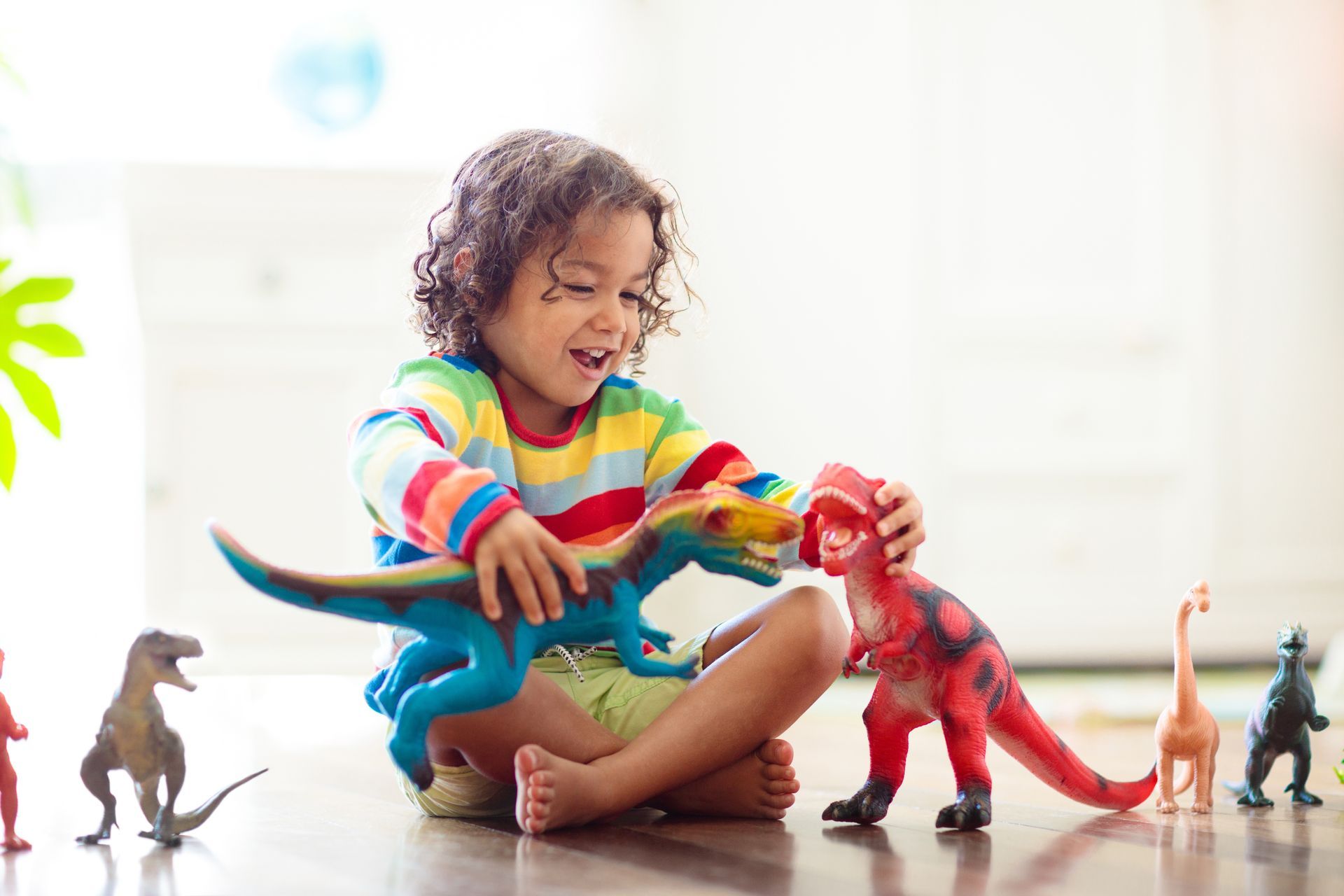
Not only is this a fun and exciting game to play, but it can benefit a learner in so many aspects of their life, such as fostering creativity, being able to express and act out in a situation, and manipulating different tools into an object such as using a block as a phone. By this, they tap into that creative side of their brain. It promotes physical development: For example, dressing and undressing a baby doll's clothes helps develop their hand-eye coordination and fine motor skills. It helps them develop their language and social skills: by conversing with others and expressing themselves while playing a game of Mommy, daddy, and baby. They learn how to have conversations, take turns when talking, ask questions, and make gestures. It also helps them develop their listening skills. This helps them develop problem-solving and self-regulation skills: If there is a situation where children cannot get what they want, for example, they are playing a game, and all the children want to play the role of mommy, they learn to solve the problem and manage their emotions for the game to continue. Role play change is a great way to develop positive behaviour: Swap roles with your children; you be the child and allow them to be the parent in the game. Create a scenario for the child to decide what to do in this situation, for example, getting ready for school and what all needs to happen before going to school. We must make the bed, get dressed, have breakfast, brush our teeth, etc. See how the child reacts in this situation. This is a great way to promote that positive behaviour. Here are a few tips on how to encourage imaginative play Have all sorts of different props for the children to play with. Allow children to explore and play as much as they can. Play lots of dress-up games, and have different outfits for them to dress into to play different roles. Always involve your children in your everyday lives, make them part of your chores and, allow them to help you put the washing in the machine, stand alongside you while you cook or bake. Promote many conversations and help them think creatively, such as bedtime, and let them pretend to sleep in a rocket ship.

After giving birth to my three healthy boys, breastfeeding is high up on my list of the best experiences of being a mom. Between a demanding career, running a household, and wearing many other hats (as we do as women), putting the phone away and bonding with my newborn during a feed is as soothing for me as it is with him—breastmilk filled with wholesome goodness. The initial milk that a woman produces during pregnancy and during the first few days after giving birth is liquid gold. It is full of antibodies, is high in protein, and contains fat-soluble vitamins and antioxidants. Even a small amount can hold off your baby's hunger, and let's not forget the natural laxative properties that will assist the baby with its first stool. Even if you are not planning to breastfeed long-term, experts advise that you give the baby colostrum those first few days as no formula can mimic the biologically active substances found in this liquid. The milk has also been found to have the best protection for preemies against potentially fatal conditions, the oxytocin produced in your baby's body when they breastfeed helps them to sleep better, and a recent study showed that toddlers who had been exclusively breastfed for at least three months, had brains with 20 to 30% more white matter microstructure, especially in parts of the brain associated with language, emotional regulation, and cognition than those with no breastmilk. It is no surprise that more than 100 countries celebrate World Breastfeeding Week in the first week of August. While breastfeeding is not without its challenges, once the milk is flowing, its rewards are endless. We cannot forget the fuel that makes the milk possible. The exact amount of care you took to eat well, keep active, and take supplements during pregnancy should not end there. Doctors recommend that you continue to take your supplements for at least the following six months. Supplementing is vital as you will need all your energy for this, often physically taxing, journey. If you're like me and your milk production is more volatile than steady; you will appreciate my tried and tested list of food items that give my body that extra boost it needs: At least 2.5 liters of water, raspberry tea, rooibos tea, oats, fenugreek and fennel seeds (The tea combination is also great) Finally, some tips to make the journey more memorable: 1.Before the baby is born, have a conversation with your Gynecologist / Obstetrician or Midwife about what is available to assist you to produce milk if your ducts are not immediately ready for baby to feed; 2.Watch as many videos and podcasts on latching techniques as your time allows. Tutorials will make it easier to help both your baby and you to find your rhythm, method, and your distinct comfort level; 3. It may happen that once your baby is born, you may not immediately have nourishment for your baby. Please don't stop nursing; give yourself at least two weeks to assist your body in pushing out the milk. 4. If you will be exclusively breastfeeding, prepare your mind that you will be nursing or expressing for the better half of your day. Prepare the room you will be spending time in as you need to be as relaxed and uncomfortable as possible. If you have an older child, remember to include them in the experience- let them sit with you while you nurse; this is an excellent environment for them to get to know the baby, ask questions, and feel included as they navigate life as an older sibling. 5. Your breasts will hurt, and you will need to soothe them as much as possible. Invest in nipple creams or gels, and sometimes a warm cloth can do the trick. 6. If you express the milk, do so at least every three to four hours to keep the milk production at its peak. Remember that you send signals to your body every time you feed, express to keep producing milk.

Breastmilk provides abundant and easily absorbed nutritional components and live antibodies. A mother’s more mature immune system produces antibodies that enter the milk supply and helps protect the baby from illness. In addition, breast milk contains substances that naturally soothe your baby. After the birth of your baby, both of you will learn how to breastfeed. Be patient and remember there is always help available. Your baby only needs a limited amount of colostrum (a thick, rich fluid the first few days).

